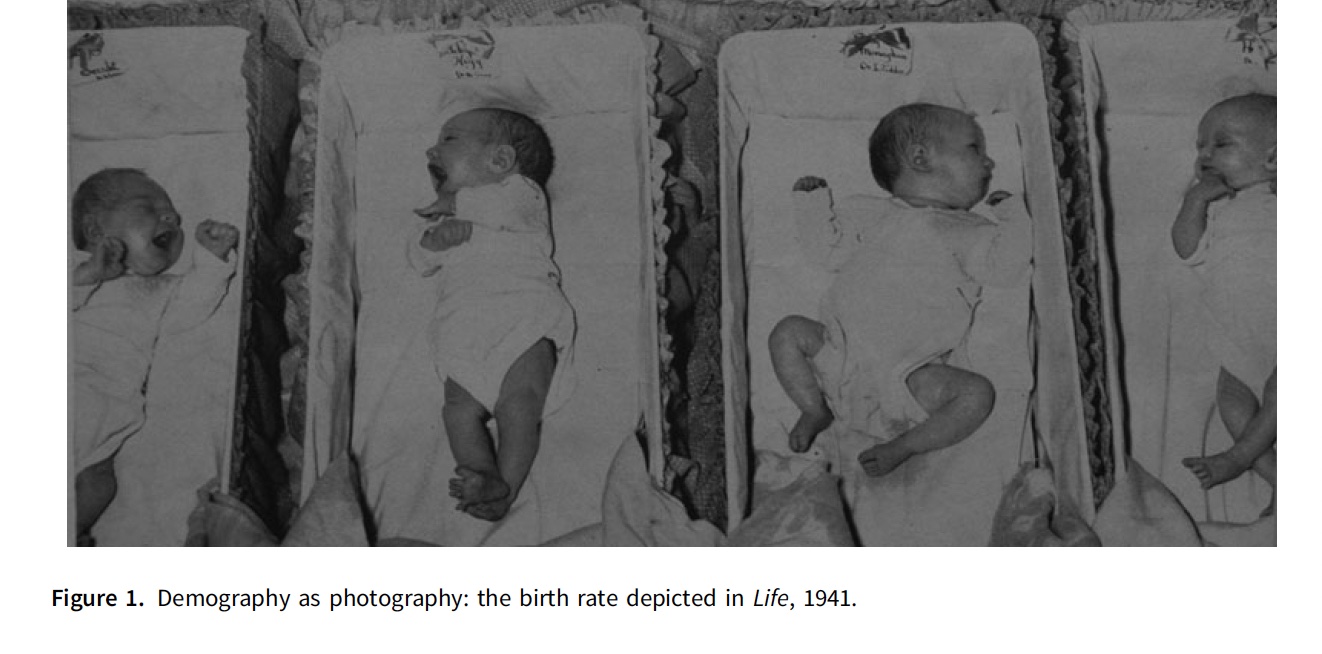Don't Blame 'Boomers'

In 2018, I published an article that explained how and why we associate the “baby boom generation” inextricably with crisis. At first, I thought I was writing a book, but I kept running into the same problem: how to write about generations without somehow making generations either the heroes or the villains. Both options were bad, since they each lent more significance to the idea of the generation than I thought it deserved. Ultimately, I did not see how I could write an entire book about about a way of thinking (generations) that I really don’t believe in and which I have come to believe tends to do more harm than good?
My solution: I wrote Democracy’s Data instead, because the census was something I believed did more good than harm.
Still, generation talk isn’t going away and so I’m grateful to those who are fighting the good fight.
The other day, I stumbled upon Margaret Morganroth Gullette’s article, “Boomers: From Adorable Baby Bulge to #BoomerRemover.” I discovered it because it cited my article, extending it in useful ways. When I presented my genealogy of the baby boomer label, I hoped to draw attention to the ways that generation talk often served to shift away blame for social ills from politics and economics. I was concerned with how generations were blamed for the supposed crisis of Social Security, for instance, when that crisis had to a large degree been manufactured in a concerted conservative effort to privatize the safety net.
In this essay, Gullette directs attention to the people—unhelpfully lumped together as “Boomers”—who stand to be harmed by this discourse. Gullette shows how generational talk is used to justify ageism, undercutting support for retirees (now and later) and justifying age discrimination against older workers. It was and is, again, a form of misdirection.
As Gullette puts it:
So far, the mythicized Boomer babies have been uniquely unfortunate in popular characterizations of their life course. As they grew older, they, not the economy, were said to decline. This brief history shows how right-wing ideology and pop culture, in a particular country, in a particular historical and economic period, worked—reframing facts, hurting older adults’ self-image, and, among the young who believe the lies, creating their too eager anticipation of having older adults retire and nursing facility residents die off. (4)
I am not ready to call the boomers uniquely unfortunate, but I agree with the larger point. As Rebecca Onion argued in 2015, “Against Generations,” thinking in generations isn’t good for any of us. If all goes well, we all get older, and none of us want to lose our livelihoods to age discrimination. (And I still don’t want my safety net to be any further gutted or privatized either.)